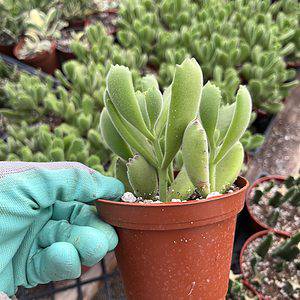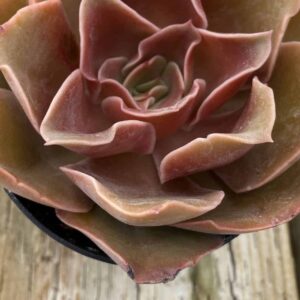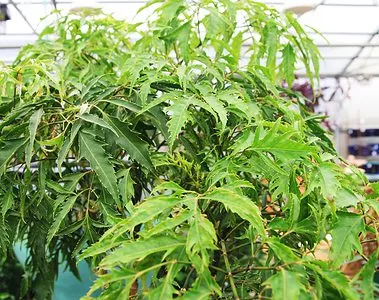No products in the cart.
Table of Contents
Hello, happy gardeners. Today, Plantly wants to share with you something significant about houseplants.
Yes, we do not want to share how indoor plants can make your home comfortable and beautiful. No, today, we will share all the health properties of houseplants with you.
So, if you have not yet invested in some houseplants, we hope that the information here makes you think twice.
All The Health Benefits of Indoor Plants
Not only does your home look great with indoor plants, but there is proof it can boost your health and well-being. A fact is that we spend more than 85% of our lives inside, and one way to bring nature into your office or home is with houseplants.
The Presence of Plants Improves Your Mood

Are you feeling down? How many times have you taken a walk outdoors and felt amazing? Yes, every time you get in touch with nature, you improve your mood. That is why indoor foliage plants brighten up your surroundings to give your mood a lift.
Whether inside the home or office, having plants makes you feel better, making you worry less. So, go ahead and liven up your living space with a lipstick plant or even a fresh bouquet to see if it helps improve your mood.
Relaxing Lavender Reduce Stress and Fatigue
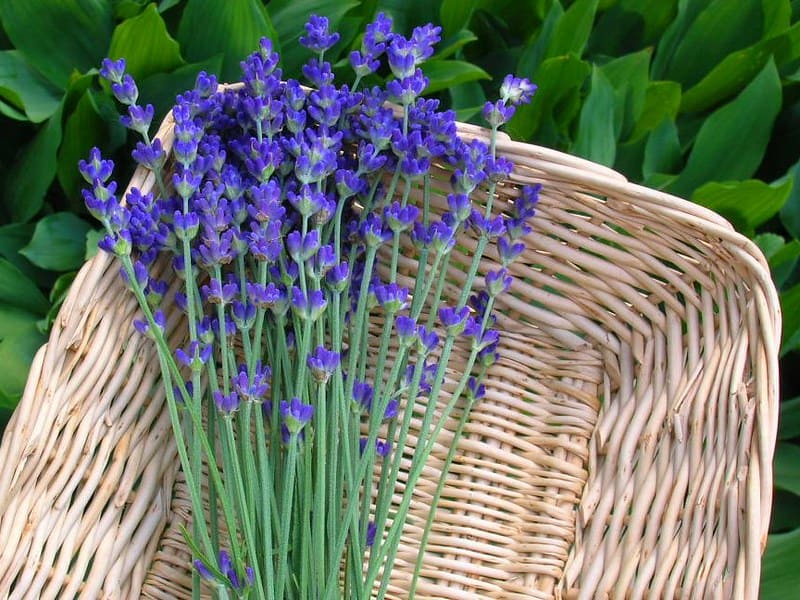
Whether you have a few plants indoors like fragrant purple lavender or gerbera daisies plants, it can absorb CO2 and give off oxygen for a restful sleep.
Plants make you feel relaxed at night when the sun goes down; they provide you with oxygen making you sleep better and wake up in the morning calm with less anxiety and fatigue.
Lavender plants have been known for their calming properties and their ability to help with anxiety and depression. The scent of lavender has been found to promote relaxation and reduce stress levels, making it an effective natural remedy for anxiety and depression symptoms.
Inhaling the soothing aroma of lavender can have a positive impact on mood and emotions, providing a sense of tranquility and improving overall well-being.
So, go ahead and put some pot plants in your room, take a few deep breaths, and relax.
Plants Improve Indoor Air Removing Carbon Dioxide

When you have plants in your home or office, they help improve air quality by soaking up the volatile organic compounds (VOCs) inside. Yet, you can find many objects indoors that give off pollutants. It irritates your eyes and makes it hard to breathe when this happens.
Furthermore, you face the weight of daily pressure adding to difficulty breathing, stress levels, and anxiety. With a few indoor plants like the heart-leaf philodendron, English Ivy, dragon tree, or asparagus fern, they help with respiratory and skin health and leave you feeling stress-free.
When you feel anxiety coming on, look at your plants to bring down your blood pressure and heart rate, and take a few deep breaths.
Another best example of a nighttime oxygen provider is the snake plants. These plants absorb carbon dioxide during the day and produce oxygen at night. This is a perfect plant in the bedroom for better sleep.
Get Sharper Focus With Indoor Plants
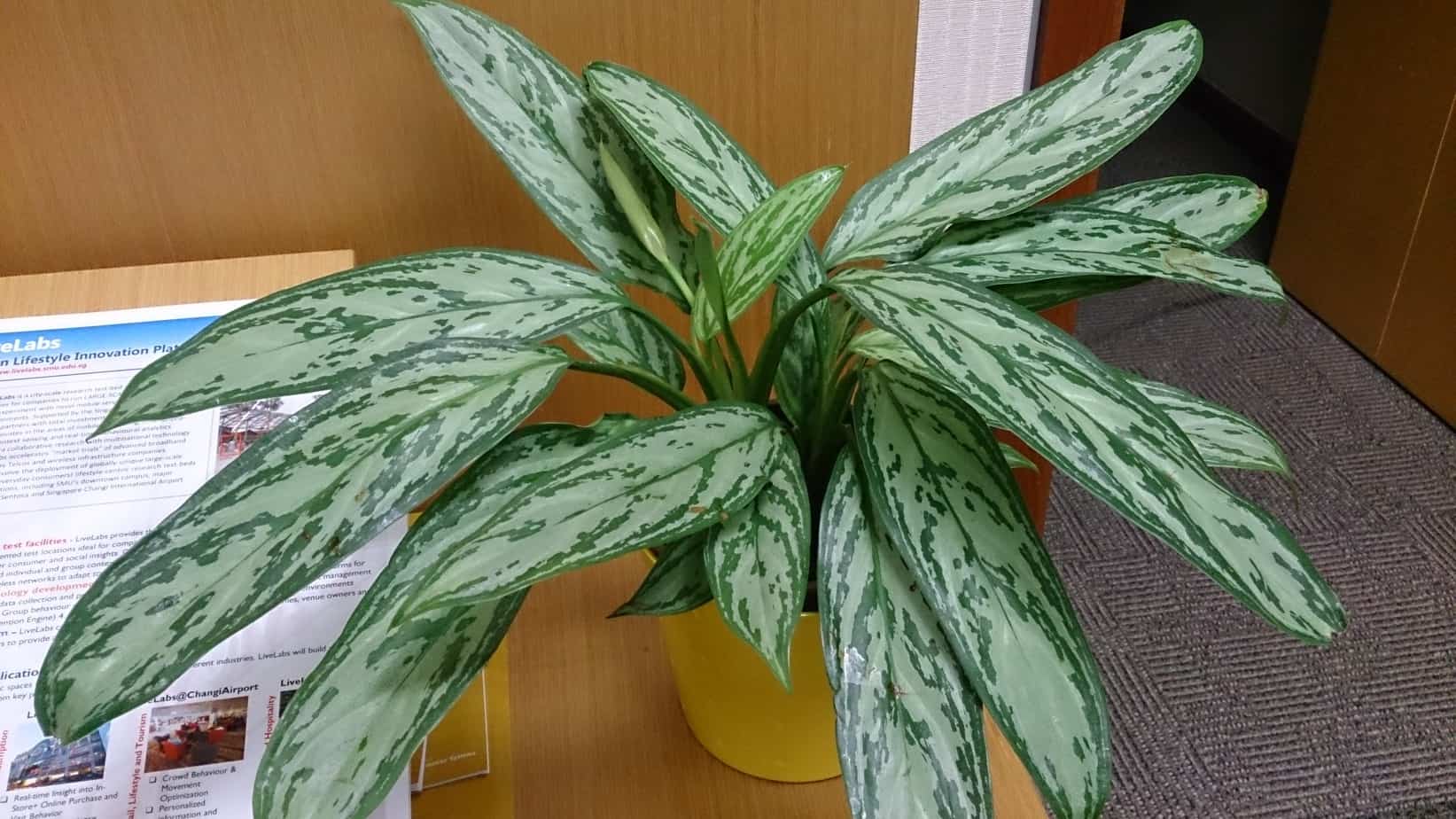
Adding plants to your home office or a kid’s room can help keep people focussed. A study showed that a classroom with three potted plants helped children perform better at reading, tests, and spelling than kids with no green spaces in their classroom.
Hence, it helps enhance productivity and enables you to focus on work. At the same time, most plants add more beauty to a place and remove toxic substances from the air. In turn, it leads to less time spent feeling sick as you are in a clean indoor air space.
In stock In stock In stock In stock (can be backordered)
Free Shipping
$39.99
Sold By:
Aloha Hawaii Orchids
$44.99Orchid Encyclia Radiata Fragrant Plant
Rated 4.65 out of 5 based on 268 customer ratings00
Sold By:
Aloha Hawaii Orchids
$9.99
Sold By:
Cacti and Exotica
Cactiandexotica | Cotyledon tomentosa | Bear Paw
Rated 4.98 out of 5 based on 59 customer ratings01
Sold By:
Cacti and Exotica
$13.99
Sold By:
BubbleBlooms
Variegated Hoya Kerrii Heart / Sweetheart Plant / Mothers day plant / Hoya Plant / Heart Shaped Succulent / Heart Hoya / Live Plant Rare
Rated 4.81 out of 5 based on 279 customer ratings01
Sold By:
BubbleBlooms
Free Shipping
$24.99
Sold By:
Gar-Zen Botanical Design
Mexican Flame Vine Best Pollinator Ships Free.
Only 110 available and it’s in 1 people’s basket Rated 4.86 out of 5 based on 49 customer ratings00
Sold By:
Gar-Zen Botanical Design
Plants Have Physical Health Benefits
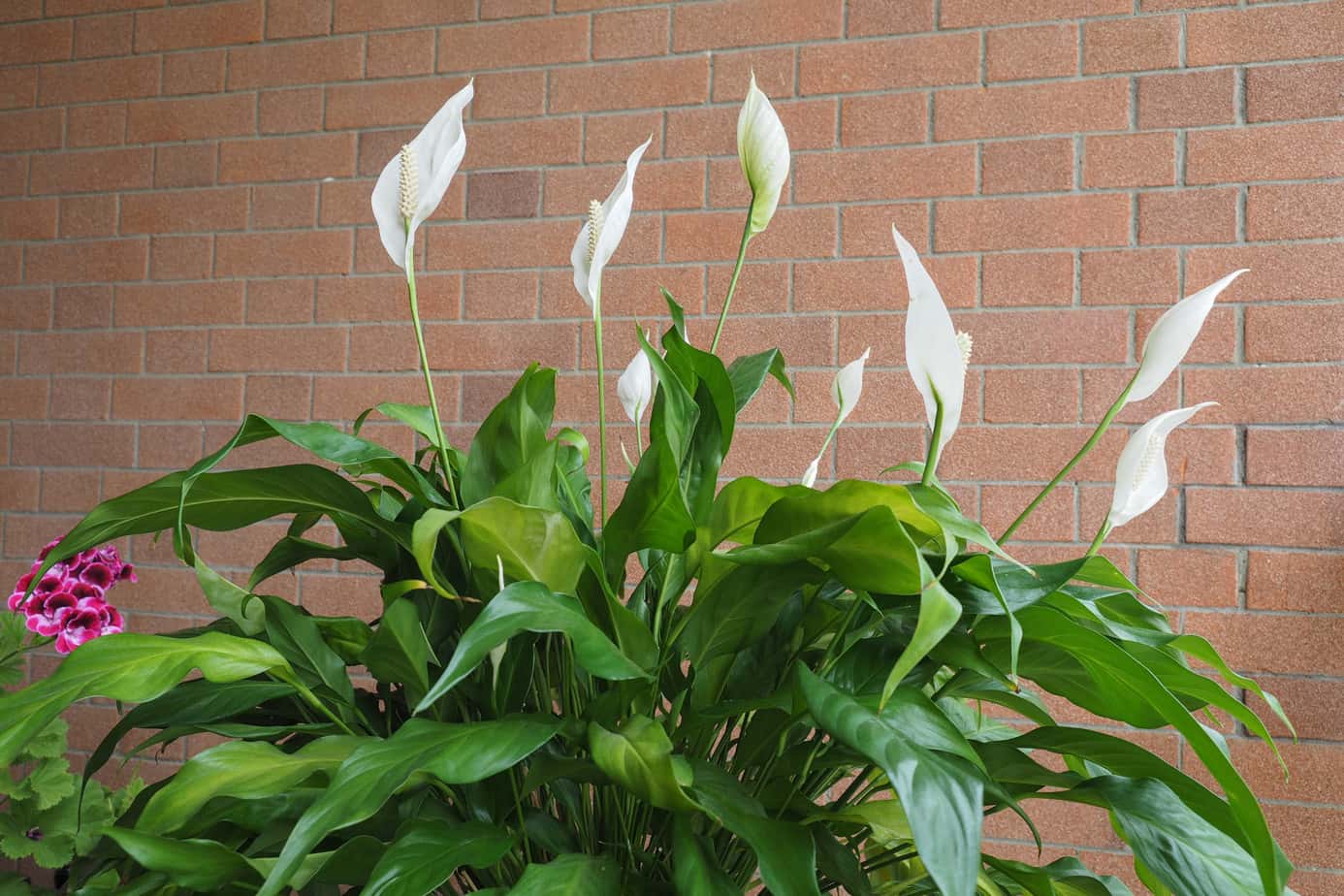
Yes, while plants improve indoor air quality, they can provide psychological and physiological stress relief.
But the fantastic thing is that plants do so much more than release oxygen, and help with mental fatigue or stress.
When someone is sick, and you place potted foliage in hospital rooms, it helps them recover faster.
If patients are around orchids or peace lilies, it helps them tolerate the pain, which leads to less medication.
Growing Indoor Oasis Can Reduce Headaches
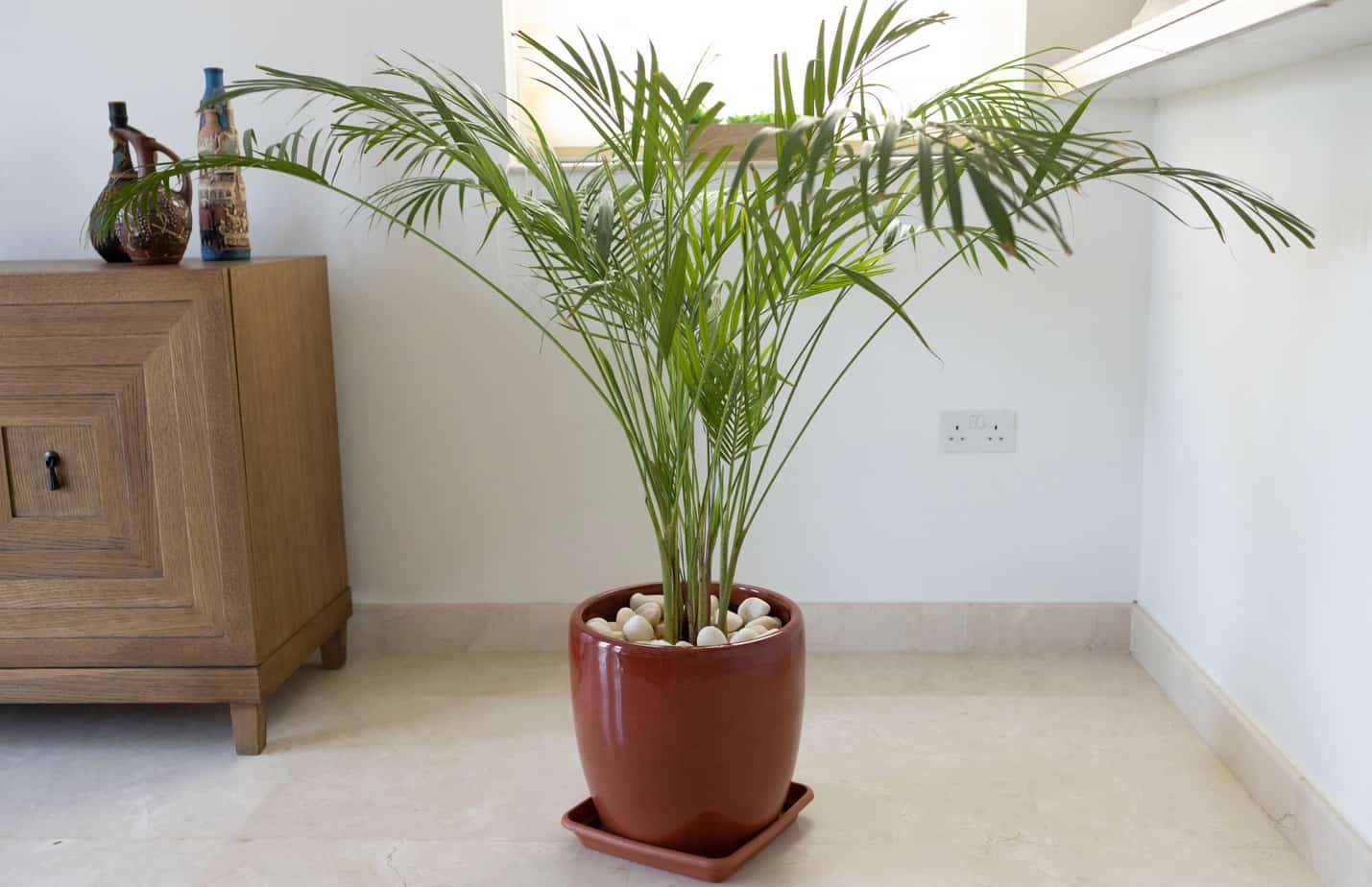
Yes, most indoor spaces have air pollution from mold, paint, and mildew. Inhaling all of these volatiles leads to headaches and causes worker productivity to go down. Even indoor dust causes allergies leading to more sick time.
To improve respiratory problems adding plants to the home or an office can help with respiratory issues and faster healing. Plants help replace carbon dioxide with oxygen for you to inhale. Whether be indoor or outdoor plants, they will improve your way of breathing.
A fact is that even the soil of your plants can help clean your indoor air pollution. The best part is that soil has microorganisms that clean the air and have anti-depressive effects. So, go ahead and add some aloe vera, figs, bamboo palm, or Boston ferns to your indoor spaces.
In stock In stock In stock In stock (can be backordered)
Free Shipping
$39.99
Sold By:
Aloha Hawaii Orchids
$44.99Orchid Encyclia Radiata Fragrant Plant
Rated 4.65 out of 5 based on 268 customer ratings00
Sold By:
Aloha Hawaii Orchids
$9.99
Sold By:
Cacti and Exotica
Cactiandexotica | Cotyledon tomentosa | Bear Paw
Rated 4.98 out of 5 based on 59 customer ratings01
Sold By:
Cacti and Exotica
$13.99
Sold By:
BubbleBlooms
Variegated Hoya Kerrii Heart / Sweetheart Plant / Mothers day plant / Hoya Plant / Heart Shaped Succulent / Heart Hoya / Live Plant Rare
Rated 4.81 out of 5 based on 279 customer ratings01
Sold By:
BubbleBlooms
Free Shipping
$24.99
Sold By:
Gar-Zen Botanical Design
Mexican Flame Vine Best Pollinator Ships Free.
Only 110 available and it’s in 1 people’s basket Rated 4.86 out of 5 based on 49 customer ratings00
Sold By:
Gar-Zen Botanical Design
Spider Plants Add Moisture to The Air
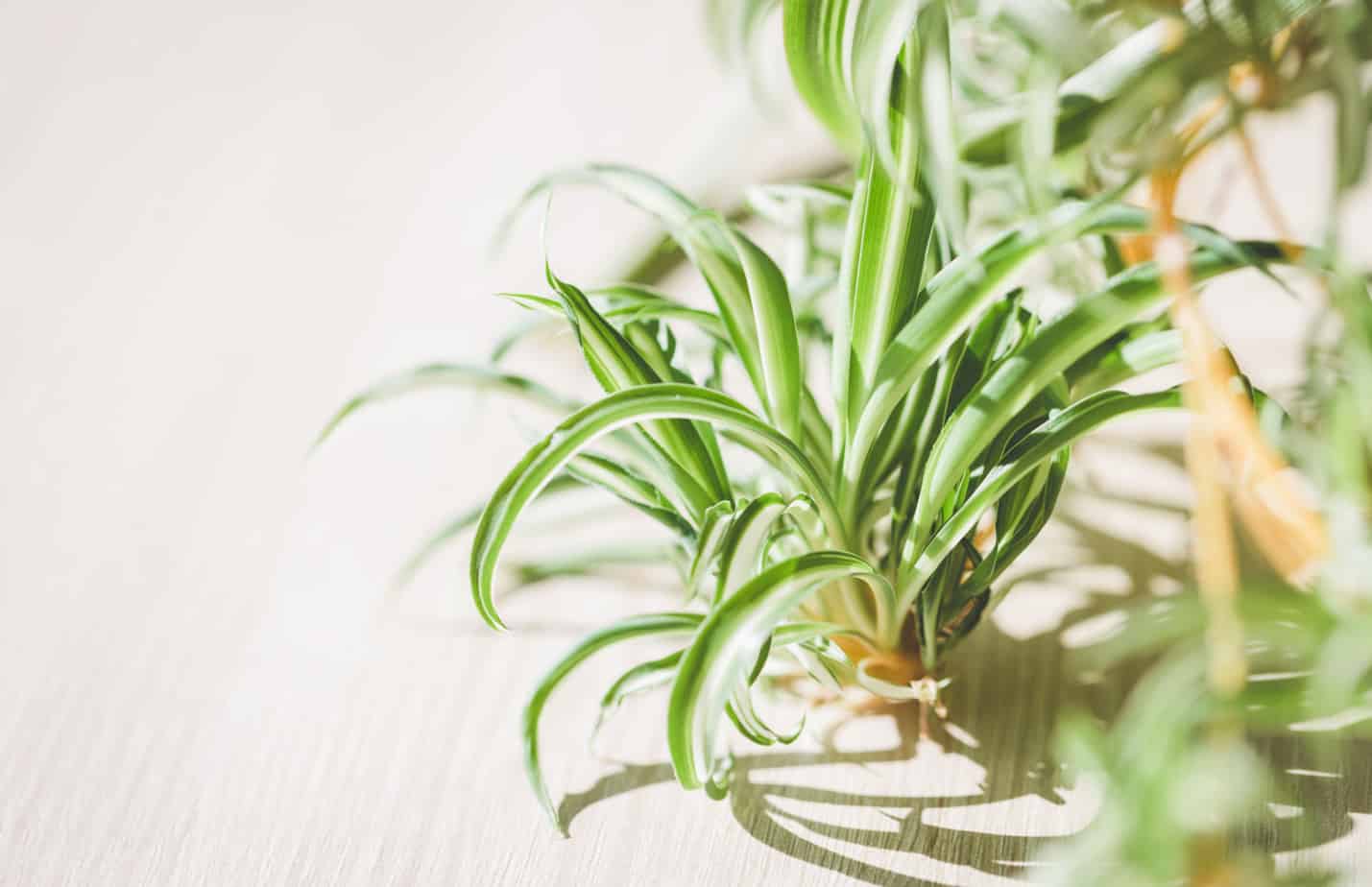
While plants reduce indoor dust and volatile organic compounds, they help in other ways too. For example, plants release moisture vapor to provide humidity to alleviate dry skin and respiratory ailments caused by dry air.
When you have an air conditioner or furnace running, it removes the humidity indoors during winter and summer. The chance is that you can get a cold, or it makes your skin itch. Adding houseplants helps to add moisture.
So add a spider plant to your bedroom to provide you with a comfortable humidity level. For more information and care tips about spider plants, check our Spider Plant Care Guide article.
Whether you want to buy, sell, or simply reach out to other plant enthusiasts, Plantly is the right place to be!
-
$14.95Sold By: SunSoul Plants
$22.95In stock
Hibiscus coccineus, Red Texas Star Hibiscus seedling in 4″ pot
Rated 4.87 out of 5 based on 98 customer ratings00Sold By: SunSoul Plants -
Free Shipping$17.50Sold By: Gar-Zen Botanical Design
In stock (can be backordered)
Portuguese Oregano Mexicali Mint Herb Ships Free.
Rated 4.86 out of 5 based on 49 customer ratings00Sold By: Gar-Zen Botanical Design -
$18.99Sold By: Succulent Oasis
In stock
Medium Echeveria Fireglow
Rated 4.84 out of 5 based on 352 customer ratings00Sold By: Succulent Oasis -
$25.99Sold By: Succulent Oasis
$45.00In stock
Large Kleinia Senecio Stapeliiformis |Pickle Plant | Very different and unique plant
Rated 4.84 out of 5 based on 352 customer ratings01Sold By: Succulent Oasis

